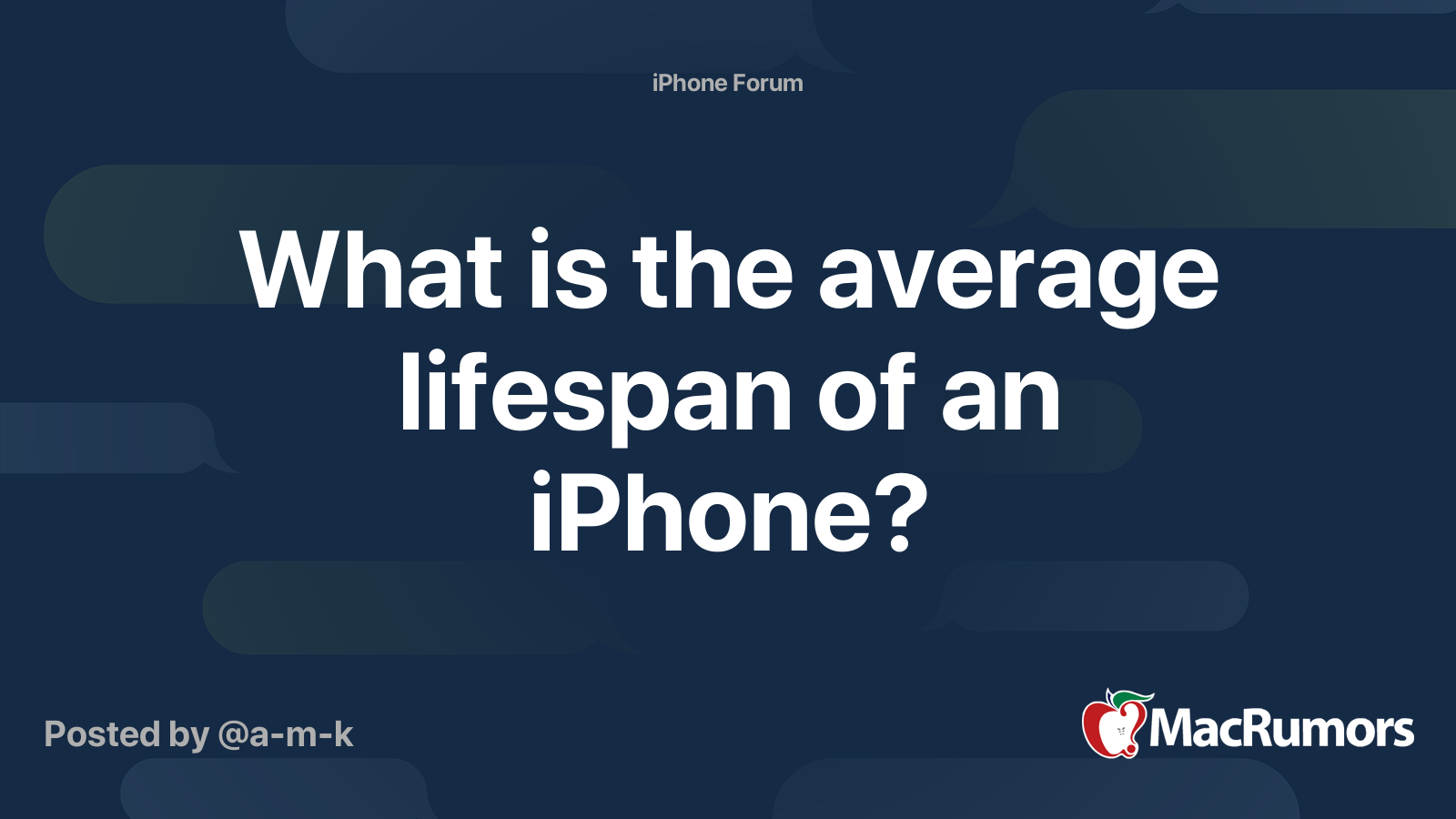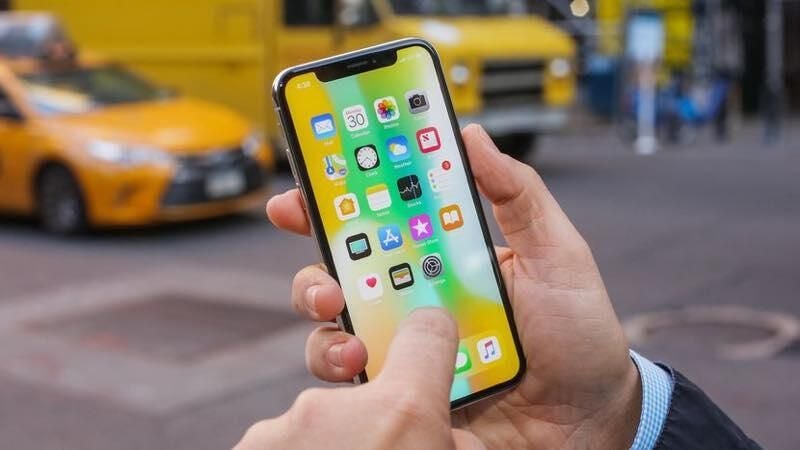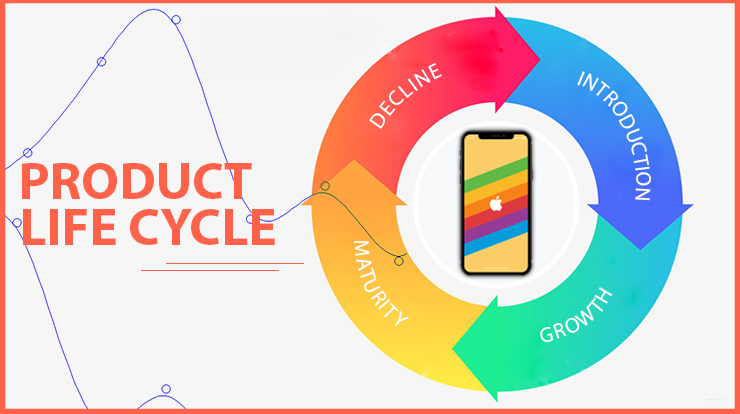Does an iPhone Expire?
iPhones have become an integral part of our daily lives, and many people rely on them for communication, entertainment, and work. However, there is a common question that arises among iPhone users: Does an iPhone expire? In this article, we will explore this question and provide you with the necessary information to understand the lifespan of an iPhone.
Apple's iPhone is undoubtedly one of the most popular and sophisticated smartphones in the world. It has a sleek design, top-notch technology, and a wide range of features that make it a sought-after device. But just like any other electronic device, iPhones have a lifespan. The question is, how long do they last? Do they expire like a carton of milk? Let's dive into this question and provide some answers.
What is the lifespan of an iPhone?
The lifespan of an iPhone depends on several factors, including usage, maintenance, and storage. According to Apple, an iPhone's average lifespan is about four years. However, this doesn't mean that your iPhone will suddenly stop working after four years. It just means that after four years, the device may start to show signs of wear and tear, and you may need to replace some of its components or upgrade to a new model.
How can you extend the lifespan of your iPhone?
If you want your iPhone to last longer than the average lifespan, there are a few things you can do. Firstly, you should take good care of your device. This includes keeping it away from extreme temperatures, moisture, and dust. You should also invest in a good quality phone case and screen protector to protect your device from accidental drops and scratches.
Another way to extend the lifespan of your iPhone is to manage its battery life properly. You should avoid overcharging your device and try to keep its battery level between 20% and 80%. You can also enable the low power mode feature to conserve your battery life.
When should you replace your iPhone?
If your iPhone starts to show signs of wear and tear, such as a cracked screen, slow performance, or frequent crashes, it may be time to replace it. You should also consider upgrading your device if it is no longer compatible with the latest software updates or if you need a more advanced model for work or personal use.
FAQs:
Q. Can a software update make an old iPhone faster?
A. Yes, software updates can improve the performance of an older iPhone by fixing bugs and optimizing the system.
Q. How long do iPhones typically last?
A. The lifespan of an iPhone can vary depending on usage patterns and other factors. However, Apple typically supports its devices for around five years with software updates.
Q. How do I know when it's time to replace my iPhone battery?
A. If your iPhone's battery is not holding a charge as long as it used to, it may be time to replace it. You can check your battery health in the Settings app under Battery.
Q. Should I buy a new iPhone or repair my old one?
A. This depends on the extent of the damage to your iPhone and how much it would cost to repair it. In some cases, it may be more cost-effective to buy a new iPhone.
Q. How can I transfer data from an old iPhone to a new one?
A. You can transfer data from your old iPhone to your new one using iCloud or iTunes. Alternatively, you can use the Quick Start feature to transfer data wirelessly.
Conclusion:
In conclusion, an iPhone does not expire like a carton of milk. It has an average lifespan of about four years, but this can vary depending on usage, maintenance, and storage. If you take good care of your device and manage its battery life properly, you can extend its lifespan.
However, if your iPhone starts to show signs of wear and tear or is no longer compatible with the latest software updates, it may be time to replace it. Always remember to recycle your old device responsibly to protect the environment.



